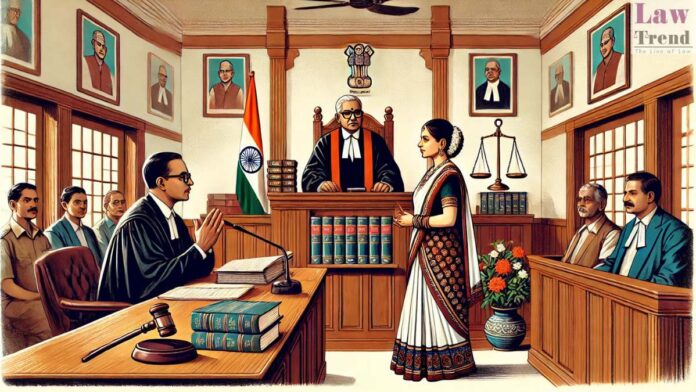The Punjab and Haryana High Court has held that a woman married to a deceased employee during the subsistence of his first marriage is entitled to compassionate appointment if she was nominated in service records and dependent on him, even if the earlier marriage was not formally dissolved by a court decree. The judgment was
To Read More Please Subscribe to VIP Membership for Unlimited Access to All the Articles, Download Available Copies of Judgments/Order, Acess to Central/State Bare Acts, Advertisement Free Content, Access to More than 4000 Legal Drafts( Readymade Editable Formats of Suits, Petitions, Writs, Legal Notices, Divorce Petitions, 138 Notices, Bail Applications etc.) in Hindi and English.




